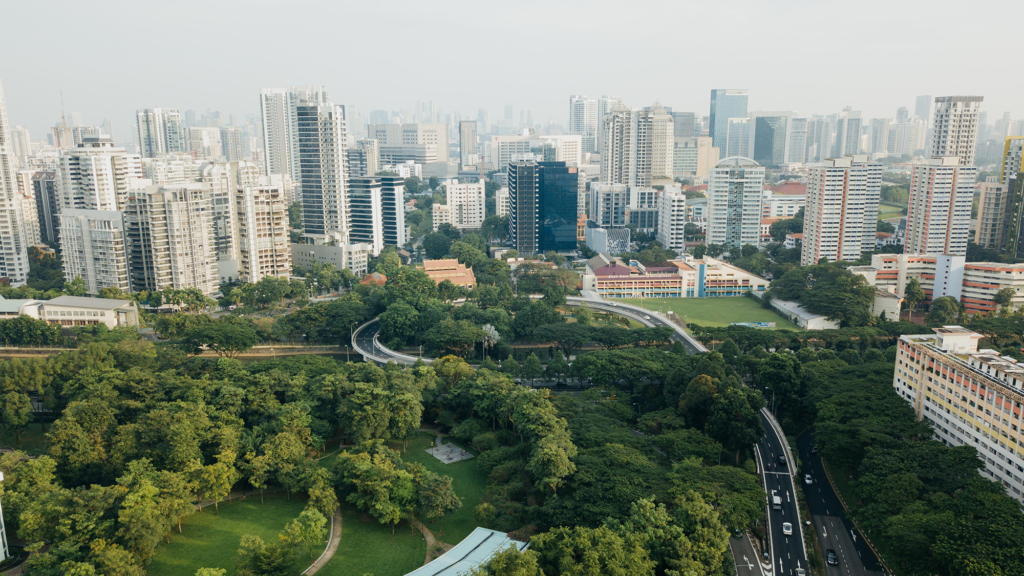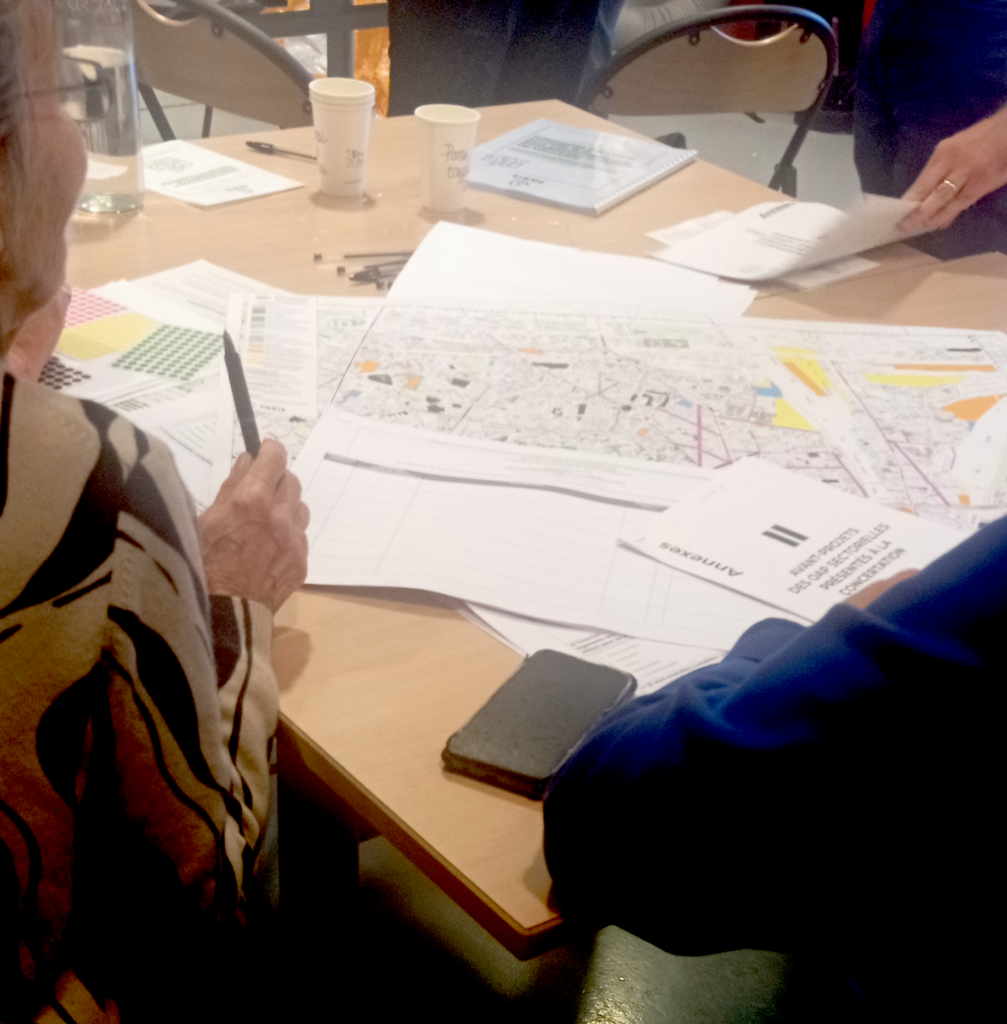City Know-hows

How well does Turkey’s urban planning framework reflect regenerative principles? This study analyses legal and policy documents to explore the integration of sustainability, and regeneration, providing valuable insights for global urban planners and policymakers.
Share
Target audience
Urban planners, urban designers, policymakers
The problem
We identified that urban planning systems, including Turkey’s, are often shaped by growth-oriented paradigms prioritizing short-term economic objectives over ecological and societal needs. Despite sustainability-focused reforms, we found that Turkey’s current legislative framework does not adequately reflect regenerative design and planning principles. This disconnect limits the planning system’s ability to address pressing environmental, social, and cultural challenges, highlighting the need for a more integrated and forward-thinking approach.
What we did and why
We first developed regenerative design and planning principles by synthesizing criteria from sustainability-focused ecological approaches. Then, we analysed Turkey’s urban planning legislation to determine whether these principles are reflected. This approach allows us to evaluate the compatibility of existing systems with regenerative concepts and provide actionable insights for improvement.
Our study’s contribution
This study contributes to understanding the intersection of regenerative planning principles and legal frameworks. It identifies the extent to which Turkey’s urban planning legislation aligns with regenerative principles, highlights key gaps in the current system that restricts the integration of regenerative approaches and provides insights that can inform urban planning practices and legislative reforms globally.
Impacts for city policy and practice
Our findings highlight critical implications for urban planners and policymakers:
• Policymakers should evaluate existing laws to ensure they support regenerative principles and address systemic challenges.
• Urban designers and planners can use the findings to advocate for changes that embed ecological, social, and cultural resilience in planning processes.
• The study underscores the importance of aligning legal frameworks with regenerative approaches to create cities that are sustainable and adaptable.
Further information
Full research article:
Evaluating the Turkish urban planning system through the lens of regenerative design and planning principles by Turgay Kerem Koramaz and Gökçen Özalp
Related posts

Discover how neuroscientific methods reveal the impact of urban environments on mental well-being. Our study provides insights to help city planners design spaces that enhance mood and cognitive health, making cities better for everyone.

This study introduces a place-based model of urban environmental health drawn from residents’ perspectives.
• Highlights eight interconnected local parameters of environmental health.
• Demonstrates that residents link environmental health to everyday nuisances like noise, air pollution, and lack of safety.
• Shows that viable and livable environments depend on inclusive governance and infrastructure decisions.
• Offers a replicable approach for other cities to assess urban health from the ground up.

Young people are satisfied with many aspects of their local area except for active travel to school and for those living in rural areas. There was strong correlation between living in more crime prone areas and feeling unsafe.